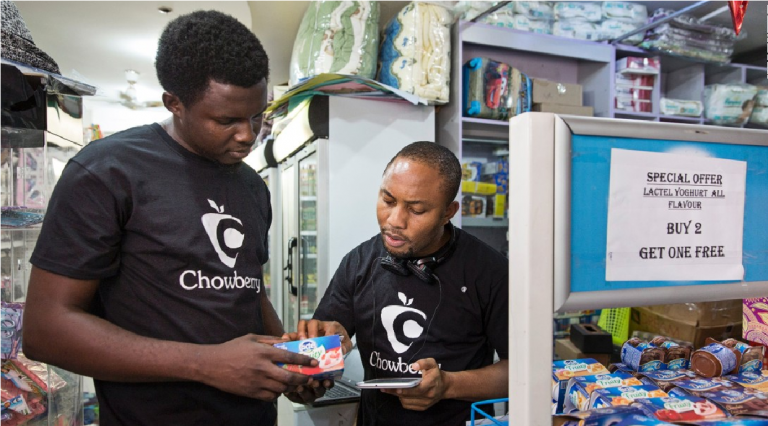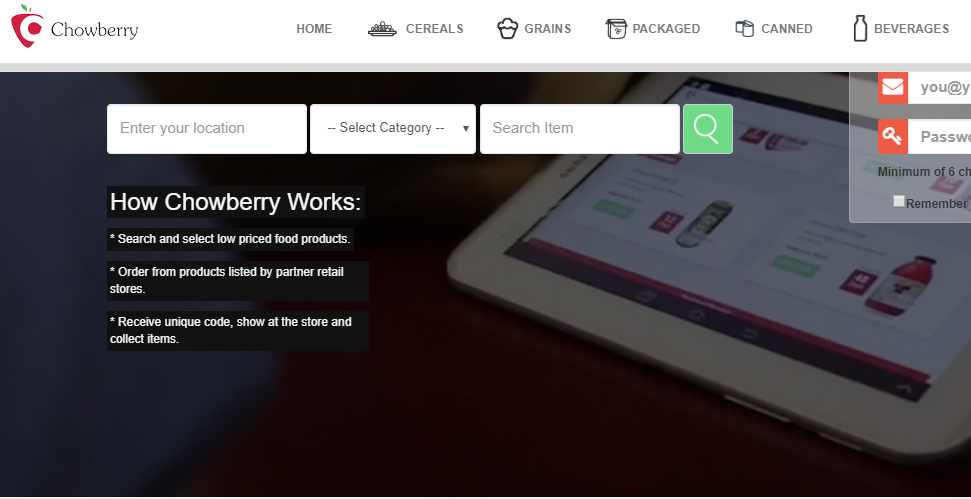
By Mutiu Iyanda
Like other main cities in Nigeria, wasting food is unavoidable in Lagos. This is one of the major results of recent research I conducted in Lekki, Ajah and Yaba areas of Lagos state on food sharing as a potential solution to reduce food waste. Within these areas, it is evident that people are ready to share the leftovers with their neighbours and be responsible consumers by preventing waste.
As Lagos state and federal governments working towards attainment of Goal 2 –ending hunger and promoting food security of 2030 Sustainable Development Goals, analysis indicates that the behaviour of the people in the areas, has established an integrated food sharing value chain which needs attention of Information and Technology professionals and prospective entrepreneurs.
Register for Tekedia Mini-MBA edition 18 (Sep 15 – Dec 6, 2025) today for early bird discounts. Do annual for access to Blucera.com.
Tekedia AI in Business Masterclass opens registrations.
Join Tekedia Capital Syndicate and co-invest in great global startups.
Register for Tekedia AI Lab: From Technical Design to Deployment.
From Lekki to Ajah and Ajah to Yaba, it is obvious that residents prioritise social capital in forms of relationship initiation and maintenance. Sharing leftovers does not evolve without strong relationship. When a weak relationship exists, analysis reveals that giving and receiving leftovers become difficult. This is one of the challenges associated with the first stage of the value chain. For the second stage, sharing leftovers in the studied areas is not gender-driven. Givers do not consider whether the receivers are males or females. Analysis also reveals that the needs to increase intimacy and reduce the number of malnourished people in the communities are part of the motivating factors.

When the specific benefits they are deriving from sharing and receiving leftovers were asked, the givers believed that they empathised, receivers had elusive commodity and be part of the neighbourhood. The benefits received by the givers and receivers are in relation with the notion that when people contribute to the development of growth fostering relationships, they grow as a result of their participation in such relationships.
As pointed out earlier, IT professionals, especially app developers could draw from the insights and give Lagos residents mobile application that could be used to enhance food sharing. Such app should be mobile phone enabled not internet-enabled, which is in the market. The app should also be useful beyond connecting supermarkets to NGOs and low-income earners associated with Chowberry, a web app developed by Oscar Ekponimo.
The app connects supermarkets to NGOs and low-income earners, allowing them to buy food that’s about to expire at a discount. Ekponimo says the response to the project has been encouraging and he’s been able to see first hand how it’s transforming lives.


